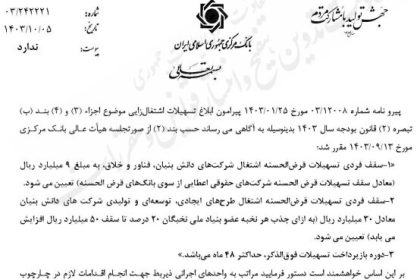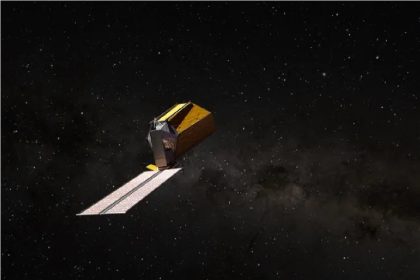Keeping mammals in company makes them use more energy to warm their bodies. More energy consumption also causes hunger and increased appetite.
According to Tekna technology and technology news service, until now scientists had not determined the main cause of increased appetite in cold conditions. In a recent study, it was found that this process is caused by the presence of a mass of neurons that has been identified in mice.
The increase in energy consumption in the cold has caused methods such as cold therapy or immersion in cold water to be used to lose weight and increase the body’s metabolism.
In the conducted study, it was found that the rats experienced an increase in food-seeking behavior after 6 hours of lowering the temperature. This behavior could have happened for reasons other than the decrease in temperature.
By cleaning the brain tissue and examining the neuronal plates, the researchers were able to compare the activity of the neurons in hot and cold conditions. Despite the reduction of neuron activity in most parts of the brain due to the cold, parts of the thalamus were still very active. Finally, a part called dagger was found in the thalamus, whose activity increased just before the rats’ behavior. This study showed that cold causes signals in the brain that can increase appetite in the brain.
RCO NEWS
















